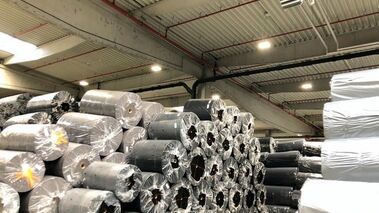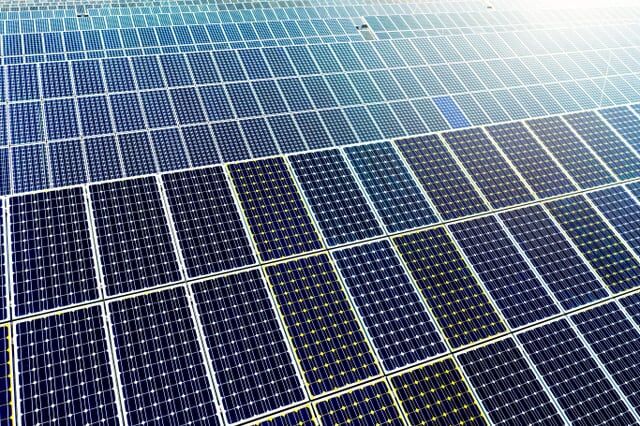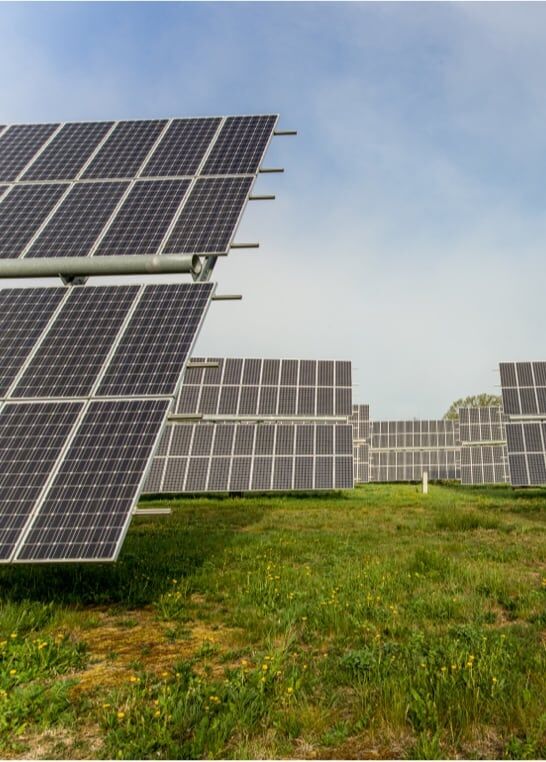
Case study Fibertex

In addition to investment in hydropower plants and biomass combustion plants, energy holding GEEN has focused its business strategy on solar power because, in addition to the ecological principle of the energy source, this is technology that is largely ecologically recyclable today. The cost of the technology itself is also expected to decline in the future. Obsolete solar panels can be recycled, up to 100% in the case of modern panels.
Almost 98 % of all installed panels in the Czech Republic are silicon, 70% of panels have glass frames, and 20 % have aluminium frames. The rest consists of plastic and metal. This allows the panels to be recycled - 95 % of the glass and up to 100% of the aluminium is recyclable. The recycling of aluminium saves up to 70 % of the energy needed to produce new aluminium. In addition to being environmentally friendly, the recycling process is also economically beneficial. The process of taking the panels apart and extracting aluminium, copper, silver and other precious metals alone covers the costs for recycling common silicon panels. Many materials can also be processed again and used to make new panels.
All operators of photovoltaic power stations are required by law to recycle panels from their power plants under contract through collective systems specialising in the collection and recycling itself.
In addition to investment in hydropower plants and biomass combustion plants, energy holding GEEN has focused its business strategy on solar power because, in addition to the ecological principle of the energy source, this is technology that is largely ecologically recyclable today. The cost of the technology itself is also expected to decline in the future. Obsolete solar panels can be recycled, up to 100% in the case of modern panels.
Almost 98 % of all installed panels in the Czech Republic are silicon, 70% of panels have glass frames, and 20 % have aluminium frames. The rest consists of plastic and metal. This allows the panels to be recycled - 95 % of the glass and up to 100% of the aluminium is recyclable. The recycling of aluminium saves up to 70 % of the energy needed to produce new aluminium. In addition to being environmentally friendly, the recycling process is also economically beneficial. The process of taking the panels apart and extracting aluminium, copper, silver and other precious metals alone covers the costs for recycling common silicon panels. Many materials can also be processed again and used to make new panels.
All operators of photovoltaic power stations are required by law to recycle panels from their power plants under contract through collective systems specialising in the collection and recycling itself.

